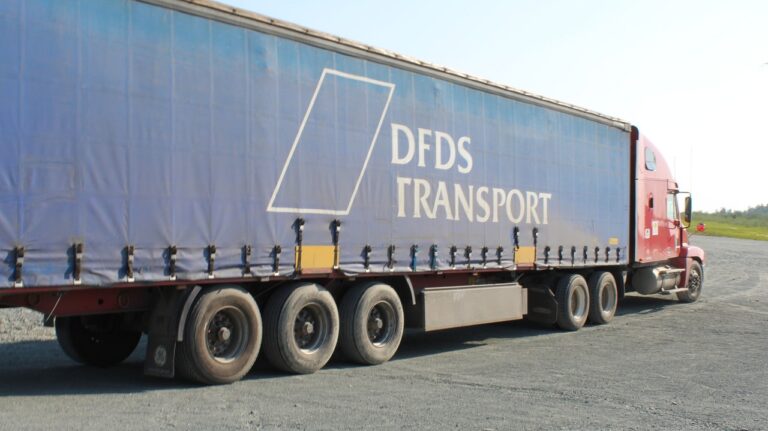Impact of Trade Policies on Global Auto Manufacturing
Trade policies play a significant role in shaping the landscape of auto manufacturing around the world. Countries often implement trade policies to protect their domestic industries, which can have both positive and negative effects on the automotive sector. Tariffs, quotas, and other trade barriers can impact the cost of importing and exporting vehicles and parts, influencing where manufacturers choose to locate their production facilities.
Additionally, trade agreements between countries can either support or hinder the growth of the auto manufacturing industry. Free trade agreements can create more opportunities for automakers to access new markets and reduce production costs through the elimination of tariffs. On the other hand, trade agreements that impose strict regulations or tariffs can limit the competitiveness of certain manufacturers and disrupt the supply chain of the automotive industry.
• Trade policies can impact the cost of importing and exporting vehicles and parts
• Tariffs, quotas, and other trade barriers influence where manufacturers choose to locate production facilities
• Free trade agreements create opportunities for automakers to access new markets and reduce production costs through tariff elimination
• Strict regulations or tariffs in trade agreements can limit competitiveness of certain manufacturers
• Trade policies can disrupt the supply chain of the automotive industry
The Role of Tariffs in Shaping Global Auto Industry
Tariffs play a crucial role in shaping the global auto industry by impacting the competitiveness of automotive companies in the international market. When tariffs are imposed on imported vehicles or automotive parts, it can lead to increased production costs for manufacturers. As a result, companies may need to adjust their pricing strategies or seek alternative sourcing options to remain profitable amidst the tariff regulations.
Moreover, tariffs can also influence the decisions made by auto manufacturers regarding where to establish their production facilities. High tariffs on importing vehicles may incentivize companies to set up manufacturing plants in countries with lower tariff rates to avoid hefty import duties. This shift in production locations can have significant implications for the global supply chain and the distribution of automotive manufacturing hubs around the world.
Effects of Trade Agreements on Automotive Production
Automotive production is deeply intertwined with trade agreements, with the latter playing a significant role in shaping the global industry landscape. When countries enter into trade agreements, it often leads to the elimination or reduction of tariffs, making it easier for automotive manufacturers to export and import vehicles and parts. This can result in increased efficiency and cost savings for manufacturers, ultimately benefiting consumers through a wider variety of vehicles and potentially lower prices.
On the flip side, trade agreements can also pose challenges for automotive production. For instance, in certain cases, trade agreements may include provisions that favor specific countries or regions, creating uneven playing fields for manufacturers. This can lead to increased competition or limitations on market access, impacting the production strategies of automotive companies. In addition, changes in trade agreements can result in uncertainties for manufacturers in terms of supply chain management and sourcing of materials, affecting overall production processes.
How do trade agreements affect automotive production?
Trade agreements can impact automotive production by influencing tariffs, regulations, and market access for manufacturers.
What role do tariffs play in shaping the global auto industry?
Tariffs can affect the competitiveness of auto manufacturers by increasing the cost of imported components and finished vehicles, leading to changes in production strategies and supply chains.
Are trade policies important for the automotive sector?
Yes, trade policies are crucial for the automotive sector as they determine the conditions under which manufacturers can operate, access markets, and compete with other companies.
How do trade agreements impact the supply chain of automotive production?
Trade agreements can affect the supply chain of automotive production by influencing the sourcing of components, production locations, and distribution networks based on trade conditions and market access.
Can trade agreements lead to changes in automotive manufacturing locations?
Yes, trade agreements can influence decisions on where to manufacture vehicles based on factors such as tariff rates, market demand, and access to key markets facilitated by trade agreements.







